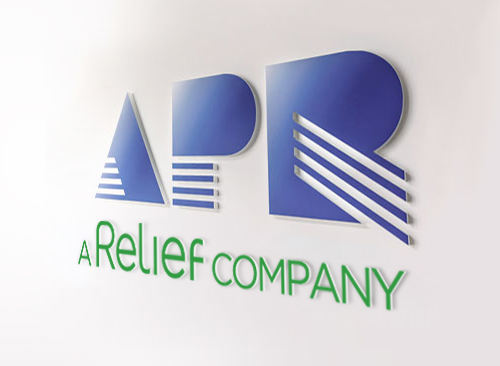Chemotherapy/radiotherapy-induced nausea and vomiting (CINV/RINV) still affect 35-50% of oncology patients and severely impacts quality of life.
A multinational European survey (Vidall C. et al., Support Care Cancer, “Support Care Cancer” 8th May 2015), aimed at verifying CINV/RINV incidence and correspondent anti-emetic treatment patterns, has shown a perceptual gap between patients and physicians/oncology nurses, highlighting different perceptions on the occurrence of nausea and vomiting and their impact on patients’ daily life.
In particular, the impact of nausea, was rated greater by patients than by physicians and nurses. Another aspect of interest was the difficulty of healthcare professionals in anticipating the amount of delayed CINV/RINV, whose management may therefore result suboptimal.
On patients’ side, a general perception that nausea and vomiting should be accepted as an inevitable consequence of chemo- and radio-therapy was identified as a cause of symptoms under-reporting.
The collected data also show that the formulation of the anti-emetic medication is important: minimizing the pill burden and eliminating the requirement to swallow medication can improve patient adherence during treatment.
Ondansetron Oral Dispersible Film (ODF), thanks to its innovative delivery system – an ultra-thin film composed of a water-soluble polymer which can be administered without liquids – may improve patient adherence to therapy, favoring an optimized prevention of CINV/RINV.
Ondansetron ODF market share has been growing across European countries and sales are expected to expand with increasing patient numbers.
APR is offering marketing and commercialization rights for Ondansetron ODF through regional or local license agreements.








